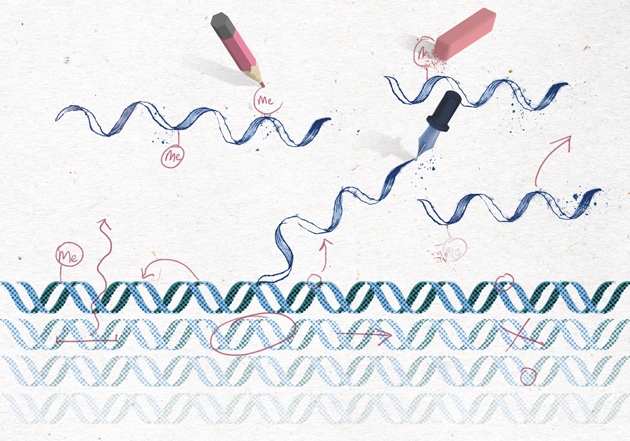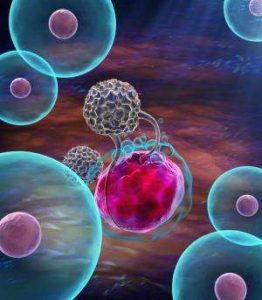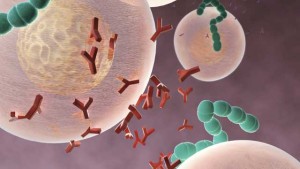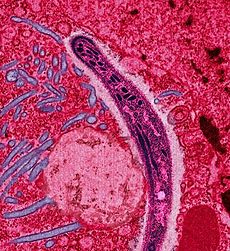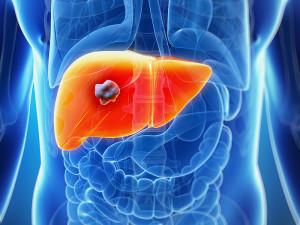Abstract
The transcription factor MYC is overexpressed in most cancers, where it drives multiple hallmarks of cancer progression. MYC is known to promote oncogenic transcription by binding to active promoters. In addition, MYC has also been shown to invade distal enhancers when expressed at oncogenic levels, but this enhancer binding has been proposed to have low gene-regulatory potential. Here, we demonstrate that MYC directly regulates enhancer activity to promote cancer type-specific gene programs predictive of poor patient prognosis. MYC induces transcription of enhancer RNA through recruitment of RNA polymerase II (RNAPII), rather than regulating RNAPII pause-release, as is the case at promoters. This process is mediated by MYC-induced H3K9 demethylation and acetylation by GCN5, leading to enhancer-specific BRD4 recruitment through its bromodomains, which facilitates RNAPII recruitment. We propose that MYC drives prognostic cancer type-specific gene programs through induction of an enhancer-specific epigenetic switch, which can be targeted by BET and GCN5 inhibitors.

